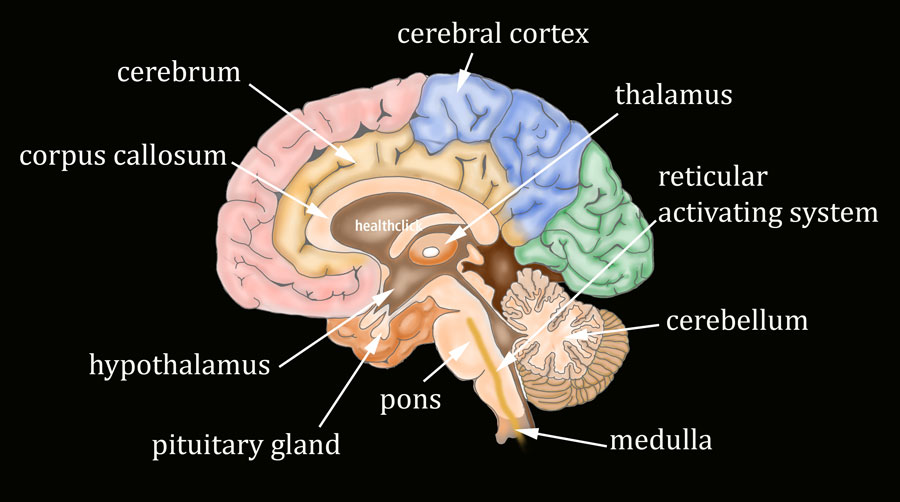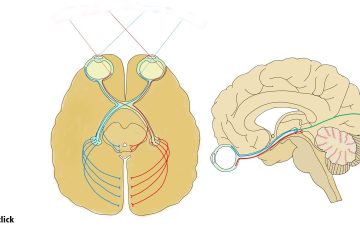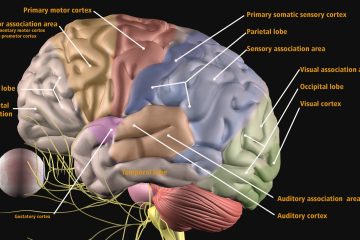Physical therapist and occupational therapists can enhance their treatment of the post-concussive patient by integrating clinical team members into their treatment programs. Post-concussion symptoms such as sleep difficulties, irritability, concentration problems, and hypervigilance can often be managed through appropriate training. In this video, a Ph.D. discusses post-concussion physical therapy treatment using mindfulness techniques to decrease hypervigilance. Post-concussion symptoms such as sleep difficulties, irritability, concentration problems, and hypervigilance can often be managed through appropriate training.
As part of my post-concussion physical therapy treatment using mindfulness techniques to decrease hypervigilance for patients who have had concussions or mild traumatic brain injuries, I teach mindfulness and mindfulness meditation. Mindfulness is all about being able to come into the present moment and out of your head at any point. What I find is that after a concussion, it’s not only difficult to figure out what’s happening, but your mind almost goes into a hyper-vigilant mode, where it’s constantly trying to figure out why things just don’t seem right. Every moment, patients bring to mind thoughts of yesterday, what they did yesterday, what they did this morning, what they’re about to do for the rest of the day, what they’re about to do for the rest of the year. All of those thoughts are happening simultaneously while trying to do tasks.
Those thoughts can be very distracting. What mindfulness teaches you is to really come into the present moment without any preconceived thoughts, without any worries or frets about the future, and to deal with what is in front of you right here, right now. Doing this is like training a muscle. When you go to the gym and you’re trying to strengthen a muscle, there are techniques that can teach your mind to become more focused on the present moment, to come back to what’s happening right now. Those techniques take practice, but over time what happens is that patients really begin to focus better and are able to block out thoughts that might be distracting them so they can allow the full resources of their brains to deal with what’s in front of them at any given moment.
Mindfulness-based treatments for posttraumatic stress disorder (PTSD) have emerged as promising adjunctive or alternative intervention approaches
Mindfulness-based treatments for posttraumatic stress disorder: a review of the treatment literature and neurobiological evidence
Resources are essential. Cognitive and brain resources are essential after a concussion because things have changed as a result of the injury. It’s more difficult to be fully present in the moment for the task at hand. Mindfulness techniques can be anything from just teaching a patient to breathe, relax, or recenter the mind, to more lengthy meditative sessions, lasting fifteen to thirty minutes, which can help increase the patient’s power to stay in the present moment. And this is where you want to be in order to solve a problem.

The information discussed in this blog is part of the physical therapy continuing education online course, Current Concussion Evaluation and Treatment Approaches
Current Concussion Evaluation and Treatment Approaches is included in our new all access annual subscription program. For $189 per year, you can gain access to our entire library of online courses.
References
- Azulay, Joanne PhD; Smart, Colette M. PhD; Mott, Tasha PhD; Cicerone, Keith D. PhD A Pilot Study Examining the Effect of Mindfulness-Based Stress Reduction on Symptoms of Chronic Mild Traumatic Brain Injury/Postconcussive Syndrome, Journal of Head Trauma Rehabilitation: July/August 2013 – Volume 28 – Issue 4 – p 323-331 doi: 10.1097/HTR.0b013e318250ebda
- Lagarde E, Salmi LR, Holm LW, Contrand B, Masson F, Ribereau-Gayon R, et al. . Association of symptoms following mild traumatic brain injury with posttraumatic stress disorder vs. postconcussion syndrome. JAMA Psychiatry (2014) 71:1032–40. 10.1001/jamapsychiatry.2014.666
- Noah D. Silverberg, Molly Cairncross, Penelope M.A. Brasher, Ana-Maria Vranceanu, Deborah L. Snell, Keith Owen Yeates, William J. Panenka, Grant L. Iverson, Chantel T. Debert, Mark T. Bayley, Cindy Hunt, Andrew Baker, Matthew J. Burke, Feasibility of concussion rehabilitation approaches tailored to psychological coping styles: A randomized controlled trial, Archives of Physical Medicine and Rehabilitation, 2021
- Polinder S, Cnossen MC, Real RGL, et al. A Multidimensional Approach to Post-concussion Symptoms in Mild Traumatic Brain Injury. Front Neurol. 2018;9:1113. Published 2018 Dec 19. doi:10.3389/fneur.2018.01113


